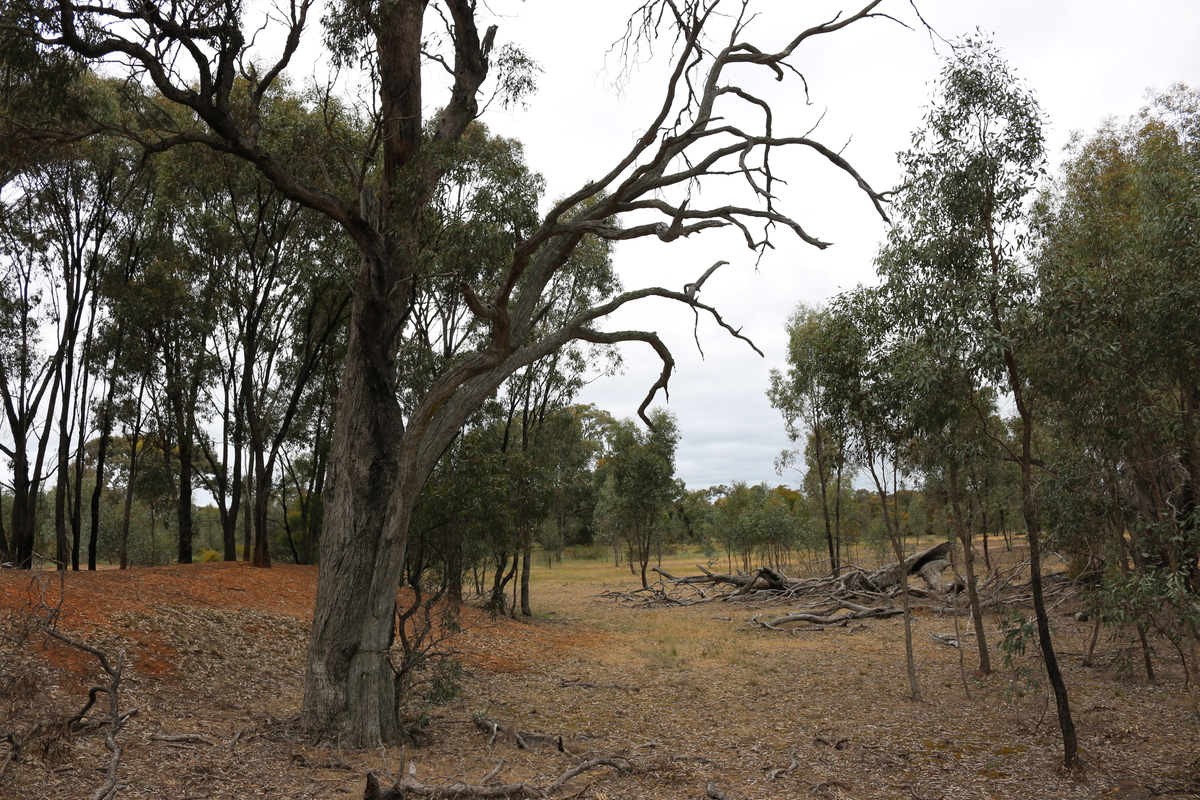Bank Australia customers Victoria McGinness and Amalia Ridwan style interiors that are good for people and good for the planet. We sat down with them to chat upcycling, biophilia and co-working spaces with worm farms.
If you’ve ever visited a space that’s been styled by Victoria McGinness and Amalia Ridwan, the duo behind Small Matters, then it should come as no surprise that their design mantra is: “delight is in the detail.” You see, the Small Matters aesthetic is both joyfully eclectic and carefully curated, packed with one-of-a-kind vintage pieces that tell the history of the place and the stories of the people who live and work there.
Take T.O.M.S Place, for example. The old Brunswick marketplace turned skating rink turned bookstore turned box factory turned dance studio and now sustainable shared office is the latest Small Matters project; and it’s got the Vic and Amalia stamp all over it.
From the free-to-use mug library in the foyer to the custom-designed ‘Chat Hut’, every nook and cranny has been given new life and purpose. Even the rotten kitchen got a facelift, complete with a lunchtime reading alcove. “We’re really inspired by the problem-solving aspect of interior design,” explains Vic. “A big catalyst for us was tackling the industry’s more impersonal, off-the-peg style.”

Rather than bigger is better, Vic and Amalia have adopted the small and slow approach. Because for these two women, sustainability isn’t just a box that needs to be checked – it’s an important way of life.
“Whenever we buy things for our spaces, we really think about its end of life. Can it be reused? Can it be upcycled?” says Vic.
“We spend much of our time either at home or in the office,” Amalia adds, “so just a few small changes, like swapping single serve tea bags for loose leaf in the kitchen, can have a big flow on effect.”
Vic and Amalia’s passion for sustainability is palpable and compelling. Quick to smile and even quicker to laugh, it’s not hard to imagine them rallying the neighbourhood to build a communal worm farm (true story, there’s one in the alley behind T.O.M.S Place) or convincing local landlords to switch to solar.
.webp)
Just recently Small Matters held their very first pop-up shop, and – thanks to Vic and Amalia’s community-building skills – it successfully brought 50 local makers and businesses together. “There’s nothing better than seeing a blank canvas come to life,” says Amalia. “But what we really love is creating a sense of pride and belonging.”
If you’ve been thinking about redecorating, Vic and Amalia style by a handful of rules: always try to use what you already have; get to an auction house event; use sentimental objects as art; don’t be afraid to paint walls; and, most importantly, add plants.
“We really like to design spaces that can improve wellbeing, and biophilia – doesn’t even have to be actual plants, it could be pictures of plants – has been proven to have calming effects. It strengthens your connection with nature,” says Amalia.
.webp)
This love for the environment is exactly why Small Matters chose Bank Australia. “The main thing for us was that there was no investing in fossil fuels,” says Amalia. “But also, we just really love that Bank Australia is making the world a better place… plus, there are dogs in the branch offices.”
Find out more about Small Matters.








